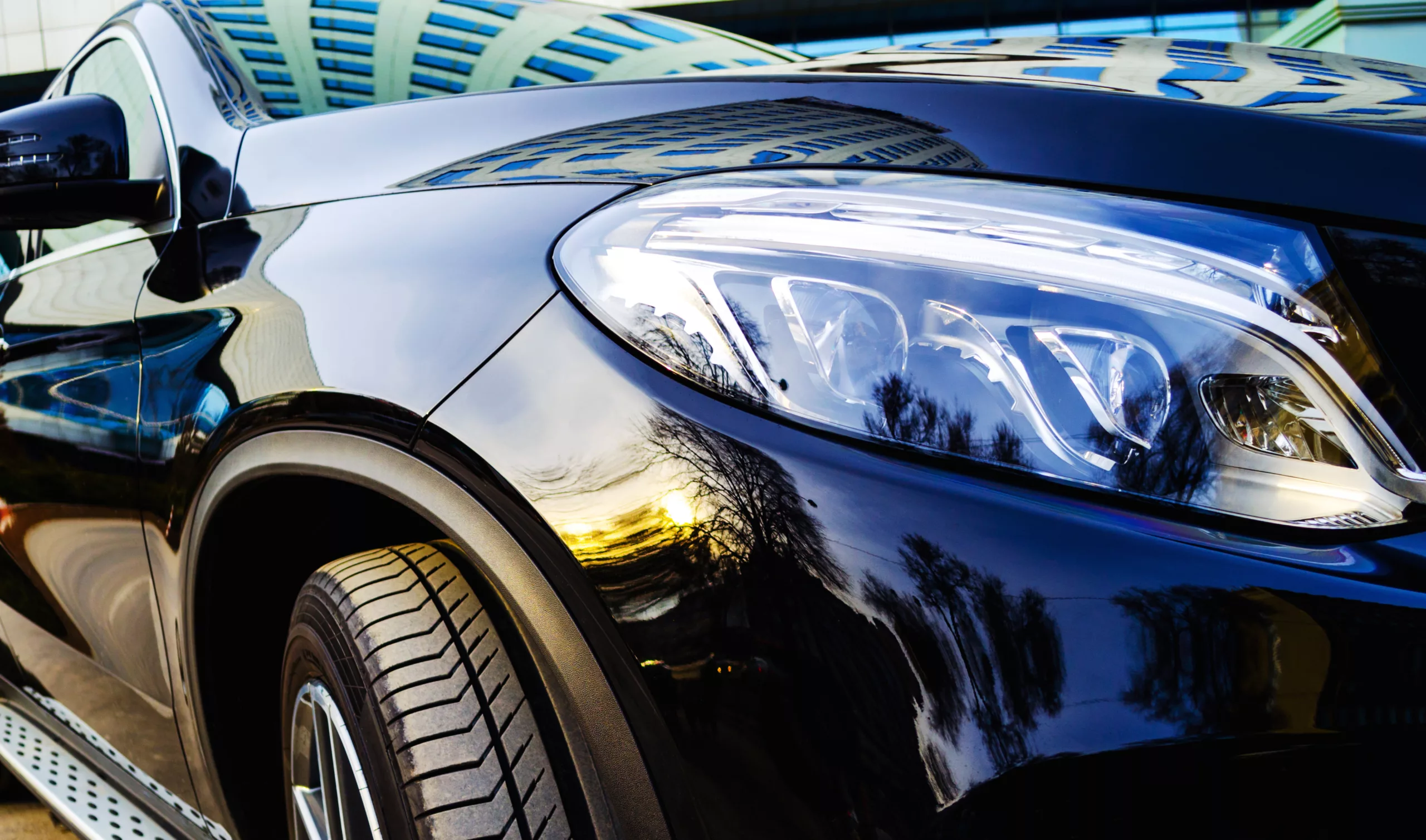HMRC U-turn on revised tax treatment of double cab pick-ups
On 12 February 2024, HMRC published new guidance which would have a significant impact on the tax treatment of double cab pick-ups (DCPUs). Shortly afterwards, on 19 February 2024, HMRC stated that they had listened to views from various stakeholders. In a reversal of its earlier announcement, HMRC confirmed that the new guidance would be withdrawn and the current tax treatment of DCPUs would continue.
The current benefit-in-kind (BIK) rules follow the VAT classification of DCPUs, which differentiates between cars and goods vehicles based on payload. (“Payload” for these purposes means the gross vehicle or design weight less the unoccupied kerb weight of the vehicle.) Any DCPUs with a payload over one tonne are classed as “goods vehicles” and excluded from the definition of a “car”.
In practical terms, this has meant that employer-provided DCPUs for private use have attracted favourable tax treatment for both employees and employers. For example, the provision of a non-electric DCPU with a payload over a tonne would only attract a van fuel benefit at a fixed amount of £757 a year and a van benefit of £3,960 a year for the 2023/24 tax year.
HMRC’s revised guidance published on 12 February 2024 had effectively confirmed that, from 1 July 2024, most DCPUs would be classified as cars for BIK and capital allowance purposes. This update followed HMRC’s success in a Court of Appeal case in 2020, where the court decided that VW Kombi and Vauxhall Vivaro vehicles were cars, as opposed to goods vehicles, for tax purposes. This change in HMRC’s interpretation would have meant heftier tax liabilities for employees and employers.
However, HMRC very quickly indicated on 19 February 2024 that they would withdraw the revised guidance after hearing from farmers and motoring industry representatives. They reinforced the point that the new guidance was not aligned with the government’s aim of supporting businesses.
This means that the BIK rules for DCPUs will continue to follow the VAT rules. The government recognises that this puts the current rules in conflict with the 2020 Court of Appeal decision. It therefore intends to publish draft legislation to confirm that DCPUs should continue to be regarded as goods vehicles.
While all this means that nothing has changed regarding the tax treatment of DCPUs, the BIK rules continue to be a complex area for businesses to navigate. If you have any questions about the above or would like to explore how Moore Kingston Smith can assist you, please do contact our employment tax team.

